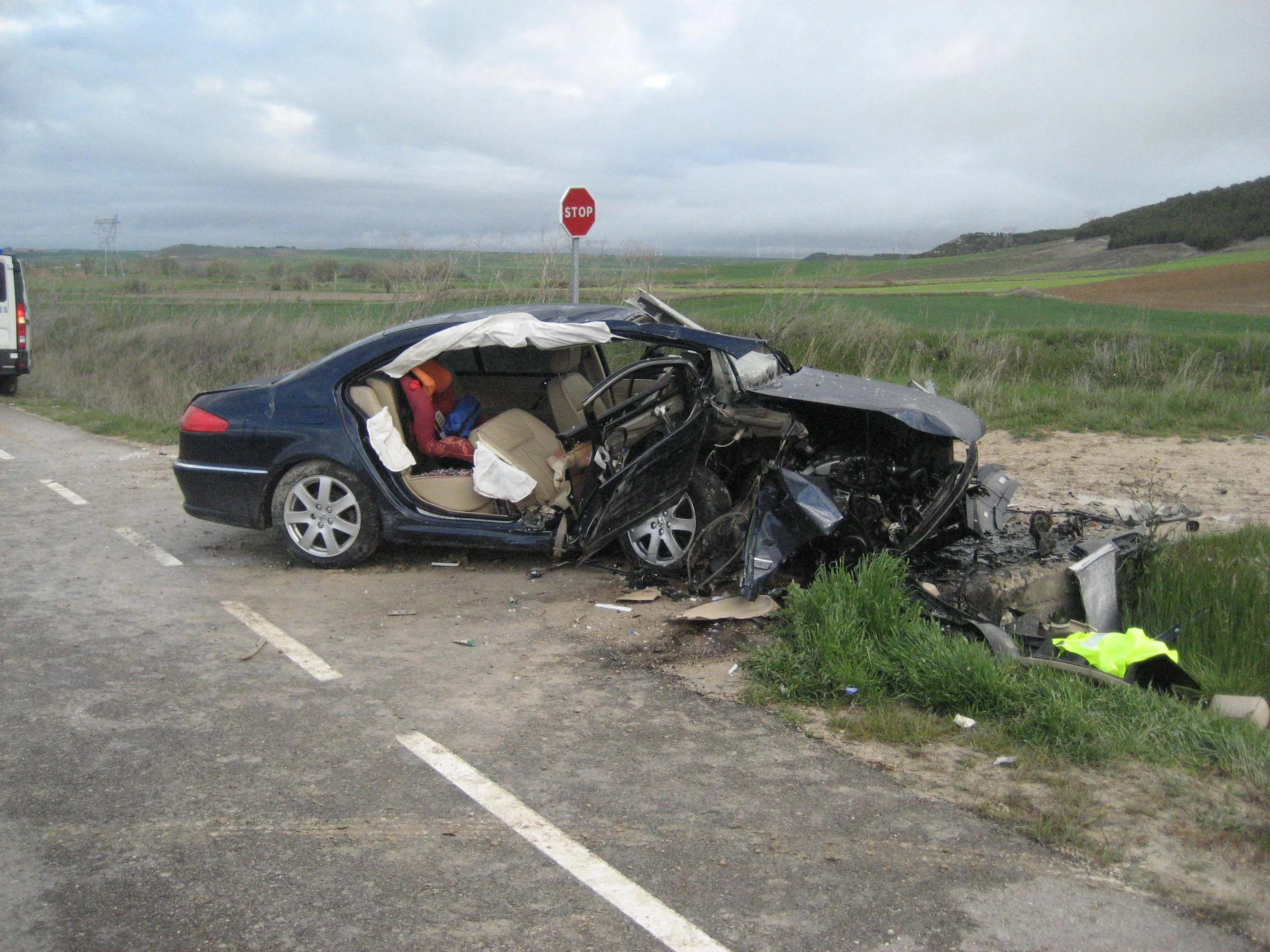In a landmark move, the European parliament has voted to approve Pan-European enforcement of traffic laws. This will allow police forces across Europe to share information on foreign motorists who break road traffic rules. No longer will offenders be able to dodge fines and other penalties for driving offences while committed abroad. The
Non-resident drivers account for approximately 5% of road traffic in the EU but are responsible for 15% of speeding offences, according to
Antonio Avenoso, Executive Director of the European Transport Safety Council (ETSC) said, “Today’s vote will help put an end to the injustice of foreign drivers escaping traffic penalties while locals get punished for the same offence. This is a long overdue change. The deterrent effect is important, knowing that you can be caught plays a key role in preventing dangerous driving.”
The law will come into effect in most EU countries later this year; Denmark, Ireland and the UK will have two additional years. Those three countries opted-out of an earlier version of the rules, but agreed to back a new proposal after the European Court of Justice ruled last year that the legal basis had to be changed. The rules are also set to be reviewed in 2016.
TISPOL General Secretary Ruth Purdie commented, “The next step will be to improve enforcement of traffic laws across the EU, starting with minimum standards for large-scale, regular and visible police enforcement actions on the three main causes of death: speeding, failure to wear a seat belt and drink driving.”
The European Parliament's vote is the culmination of a seven-year legislative process and today’s positive result is thanks in no small part to several MEPs who have fought tirelessly for stronger enforcement of road safety rules across the EU. Inés Ayala Sender, a Spanish MEP, deserves particular credit for shepherding this law through the EU decision-making process since it was first proposed in 2008.
The European Parliament votes to accept Pan-European enforcement
In a landmark move, the European parliament has voted to approve Pan-European enforcement of traffic laws. This will allow police forces across Europe to share information on foreign motorists who break road traffic rules. No longer will offenders be able to dodge fines and other penalties for driving offences while committed abroad. The European Transport Safety Council (ETSC) and TISPOL – the European Traffic Police Network have both welcomed this move
Non-resident drivers account for approximately 5% of
February 11, 2015
Read time: 2 mins
RSS






